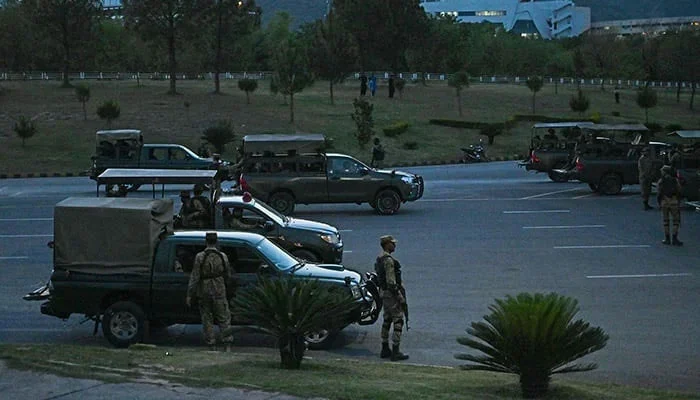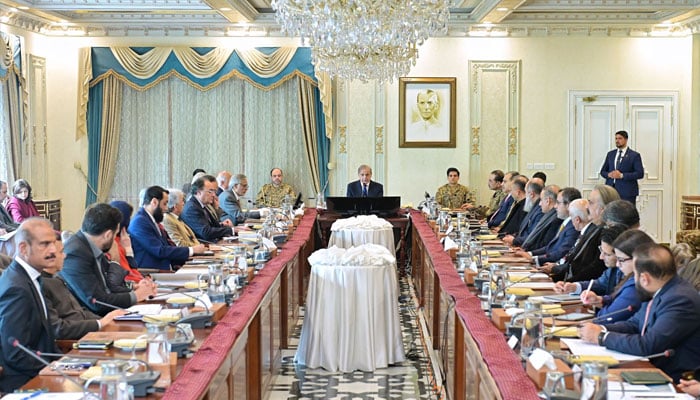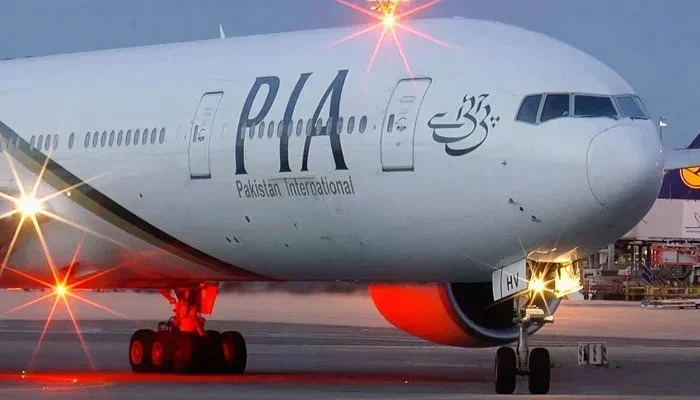The Military Courts of Appeal have granted clemency to 19 individuals convicted for their roles in the May 9 incidents, reducing their sentences by two years each. According to a statement from the Inter-Services Public Relations (ISPR), the decision was made on humanitarian grounds following legal protocols.
Out of 67 mercy petitions submitted, 48 have been processed, with 19 being accepted. The remaining petitions are under review, and decisions will be made in due course. Those whose punishments were remitted include:
- Muhammad Ayaz
- Sami Ullah
- Laeeq Ahmed
- Amjad Ali
- Yasir Nawaz
- Said Alam
- Zahid Khan
- Muhammad Suleman
- Hamza Sharif
- Muhammad Salman
- Asher Butt
- Muhammad Waqas
- Sufyan Idrees
- Muneeb Ahmed
- Muhammad Ahmed
- Muhammad Nawaz
- Muhammad Ali
- Muhammad Bilawal
- Muhammad Ilyas
Following procedural formalities, these individuals will be released. The ISPR highlighted that the decision reflects a commitment to justice while acknowledging the principles of compassion and fairness.
Background on the May 9 Convictions
The May 9 violence targeted military facilities, including GHQ, Jinnah House, and an ISI office in Faisalabad. The Field General Court Martial had convicted 85 individuals, with previous releases of 20 convicts also granted on humanitarian grounds.
Reactions to the Decision
Supreme Court Bar Association (SCBA) President Mian Muhammad Rauf Atta welcomed the clemency, calling it a “commendable” act that promotes reconciliation and lowers political tensions. He urged political leaders to similarly embrace restraint and constructive dialogue to advance national interests.
Supreme Court Developments
The Supreme Court has scheduled significant hearings for January 6 onwards, including:
- Intra-court appeals (ICAs) against the ruling on civilian trials in military courts.
- Petitions concerning alleged rigging in the February 8 general elections.
- Cases on missing persons, the 2005 earthquake affectees, and student union bans.
- A review of the Deputy Speaker Punjab’s ruling and a challenge to the discretionary powers of high court chief justices.
These hearings, under a seven-member Constitutional Bench headed by Justice Amin-ud-Din Khan, are expected to address key legal and constitutional matters.
The ISPR’s decision and the upcoming judicial activities underscore the emphasis on justice, dialogue, and reconciliation in navigating Pakistan’s political and legal challenges.




